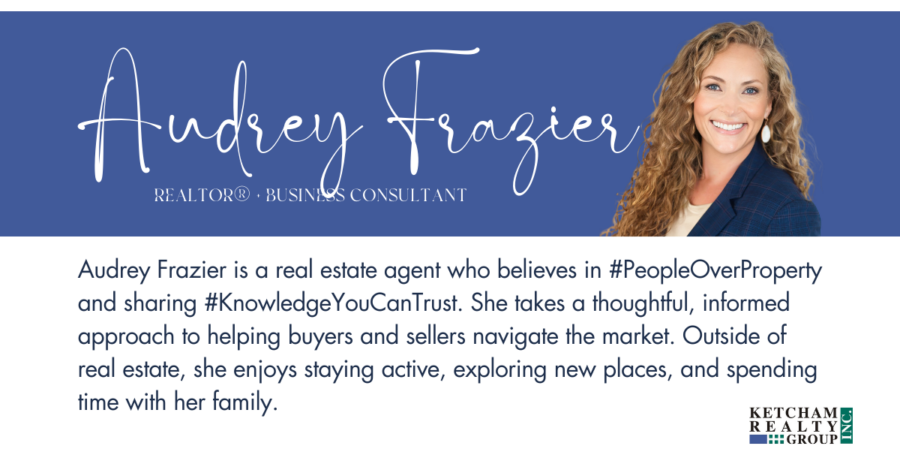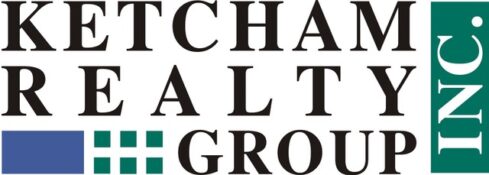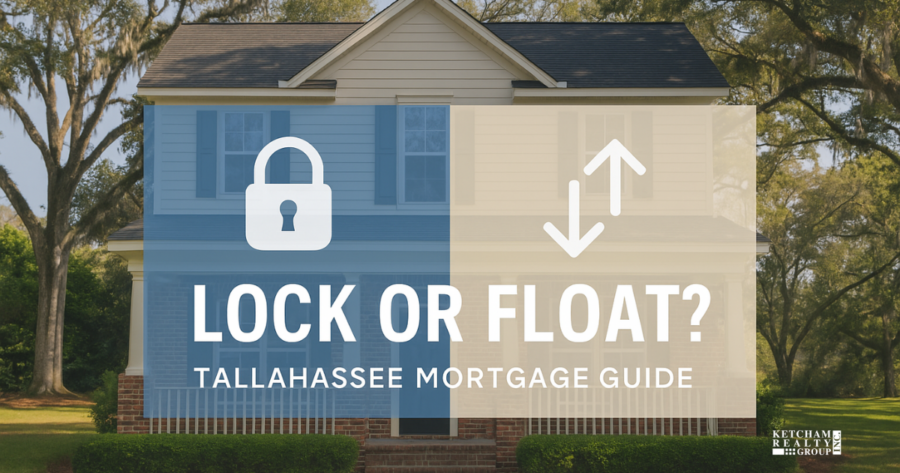Mortgage rates move faster than Florida thunderstorms — and sometimes just as unpredictably. One of the biggest questions homebuyers face is whether to lock in a rate now or float and hope for something better before closing. Let’s break it down without the jargon, and with some perspective from our local market here in North Florida.
What Does “Lock” vs. “Float” Mean?
- Locking: You secure today’s rate with your lender, and it won’t change before you close (as long as you meet certain conditions). It’s peace of mind in a world where rates like to play jump rope.
- Floating: You hold off on committing, hoping rates drop before you sign. If they do, you win. If they rise, you pay more. It’s a gamble, plain and simple.
Pros and Cons at a Glance
Locking Pros
- Stability: Your payment stays predictable through closing.
- Protection: Rising rates won’t surprise you.
- Options: Some lenders offer a float-down feature, letting you snag a lower rate if the market dips after you lock.
Locking Cons
- No flexibility: If rates fall, you’re stuck unless you’ve paid for that float-down.
- Longer locks may come with fees or a slightly higher rate.
Floating Pros
- Potential savings if rates dip.
- More flexibility if you’re not under the gun to close.
Floating Cons
- Total exposure if rates climb.
- Could affect your loan approval if your budget is tight.
What This Means for Tallahassee Buyers
Here in Tallahassee and across Leon County, the average home price hovers in the mid-$200,000s to low-$300,000s. That means even a small change in mortgage rates has a real impact. For example, on a $275,000 home, a quarter-point increase in interest can bump your monthly payment by more than $50. For first-time buyers or families upsizing, that’s not pocket change.
We’re also seeing fast-moving inventory in certain neighborhoods — especially near FSU, in Killearn Estates, and around Crawfordville. When homes are moving quickly, buyers don’t always have the luxury of waiting to see where rates go. In those cases, a lock can mean peace of mind while you focus on winning the house.
Military families using VA loans and buyers taking advantage of Florida Housing programs also tend to benefit from locking, since tighter budgets leave less wiggle room for last-minute surprises.
So… When Should You Lock?
Lock when:
- You’ve got a rate you’re happy with.
- The market’s signaling an upward trend.
- You need stability for budgeting and qualification.
Float when:
- You’ve got wiggle room before closing.
- Market indicators show rates cooling off.
- You can stomach the risk if rates move against you.
Pro tip: If you’re leaning toward locking, ask about adding a float-down option. It usually comes with a small fee, but it’s like insurance with a bonus — you’re covered either way.
Final Takeaway
Choosing to lock or float isn’t about predicting the future. It’s about weighing your risk tolerance, timeline, and comfort level. If uncertainty keeps you up at night, lock and rest easy. If you can handle a little risk and have time on your side, floating might pay off.
Either way, talk with your lender and make sure your decision supports your bigger financial picture. If you need help choosing a lender, reach out and I’ll send you a list.
Remember, rates may change, but one thing doesn’t — people here in Tallahassee want a place to call home. If you’re weighing your options, let’s walk through them together so you can make the choice that feels right for you.



